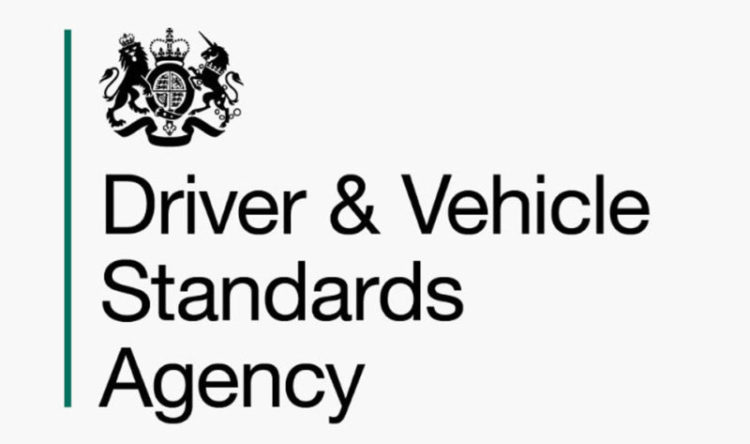Talking speed
The need to set appropriate speed limits and get drivers to abide by them
A common sense approach to speed limits is vital, says leading national breakdown provider Start Rescue as Road Safety Week begins.
The UK’s biggest annual road safety campaign, Road Safety Week, is focusing on speed this year – ‘Let’s talk about speed’.
Let’s talk
Organised by Brake, this year’s campaign takes place next week, between 19 and 25 November 2023. It brings communities and professionals together to talk about road safety and the effects of speed.
Five people die on roads every day, and speeding, whether over the legal limit or for the prevailing conditions, remains a big contributory factor in crashes and casualties.
The 2023 campaign will start the conversation about why speeding is thought of as acceptable in some situations, what happens when we speed and why reducing speed saves lives.
It follows discussions with representatives from community groups, the police, Government, businesses, educators and other charities.
Seven days a week
This year’s campaign will see a day for each group connected with Road Safety Week – meaning there will be many ways for everyone to get involved.
| Road Safety Week 2023 breakdown | ||||||||||||||||||
|
You can find more information about Road Safety Week 2023 here. You can also get directly involved with plenty of free resources available.
“Every time we drive faster than the speed limit, or too fast for the road conditions, we increase the risk of a crash,” says Ross Moorlock, Interim CEO at Brake. “We increase the chance that someone will be killed or hurt on the road. The faster you go, the longer the stopping distance and the harder you will hit something.
“Whoever you are, and however you travel – this year we are challenging everyone to start talking about speed with your friends, families and colleagues.”
Common sense approach
Speed limits and speeding can provoke some heated discussions. It may be that 20mph zones are just too slow, or 30/40mph limits on dual carriageway at night in scarcely populated areas don’t make sense. Others state that motorways, by far the safest roads statistically, should have a higher limit considering the developments in car design and the fact that the limit was set, somewhat arbitrarily, in the 60s. It is often the confusion and ignorance over the reasoning of speed limits that causes some drivers to ignore them in protest. Rightly or wrongly, it is a fact that can contribute to the tragedy of road casualties.
Police recorded that travelling too fast or exceeding the speed limit was a contributory factor in 25% of deaths, where an officer attended the scene of a collision – travelling slower may have reduced that terrible figure
“We need to be sensible when restricting speed limits,” says Lee Puffett, Managing Director of Start Rescue. “Where there are proven records of repeat incidents in residential areas, the speed should be reduced to protect all road users, including our recovery agents who are helping motorists every day. Around schools, hospitals, and in towns and villages, it makes sense to lower limits.”
Cut the cost
Road Safety Week by Brake, the road safety charity, asks “Why do we still think it’s okay to speed?” Lee Puffett responds: “We support Road Safety Week because it’s never okay to speed. Local councils and residents must work together to find solutions that always keep road safety in mind.”
Reduced speed limits in urban areas are proven to lower fatalities and serious injuries – the risk of a fatal pedestrian collision drops from 20% at 30mph to 2.5% at 20mph according to RoSPA, the Royal Society for the Prevention of Accidents.
In 2021/2022, UK police forces issued more than 2.3 million Fixed Penalty Notices for speeding offences, the highest number on record.
“We want to see everyone using the roads safely and in safety,” says Lee Puffett of Which? Recommended Provider Start Rescue. “Lower speed limits should be considered when the road narrows and twists. There is no point introducing a 20mph limit on a wide open country road, so a sensible evidence-based approach is required, not necessarily a blanket ‘one size fits all’ method.”
Get involved in Road Safety Week here.






